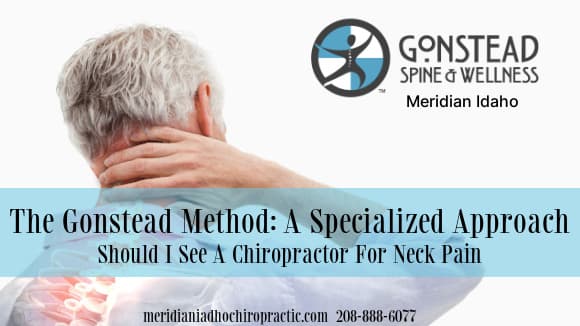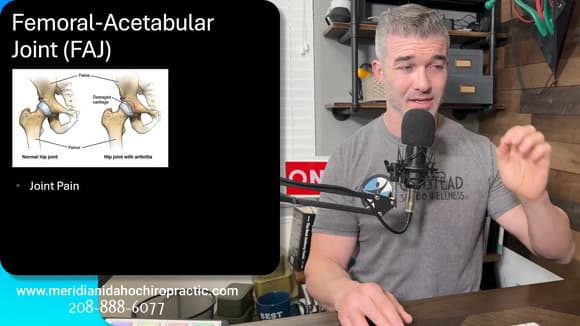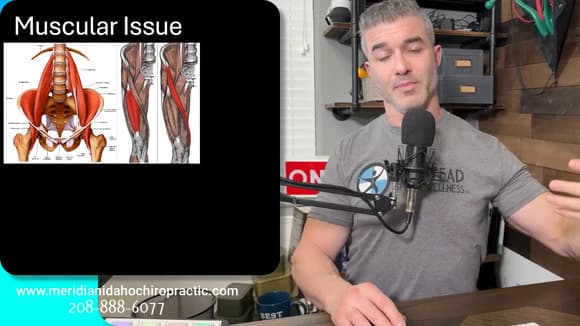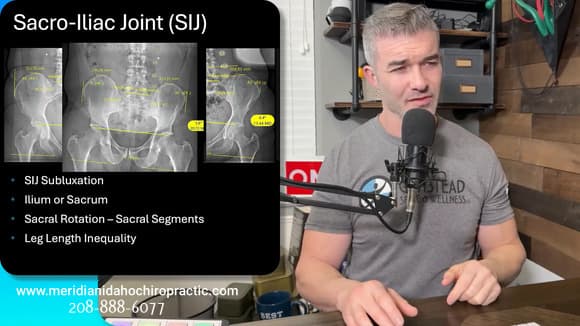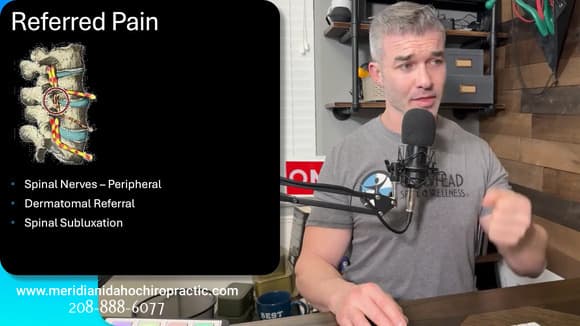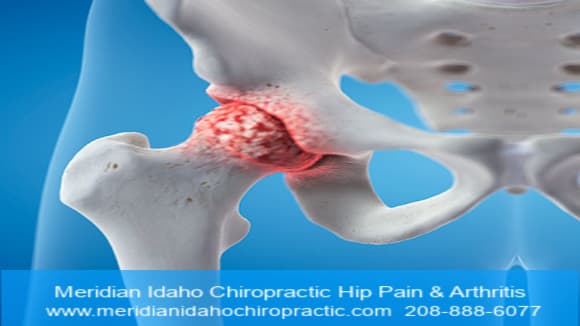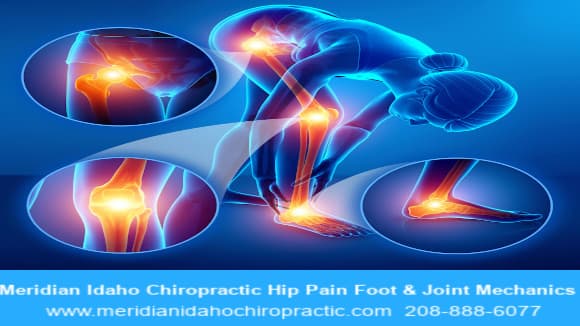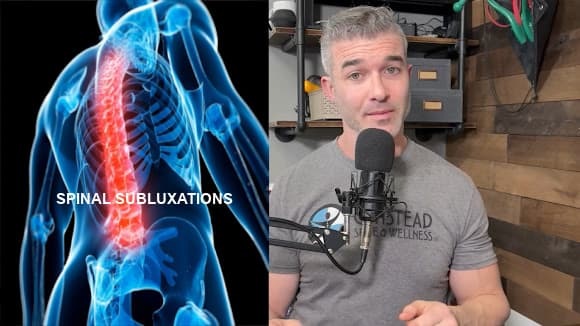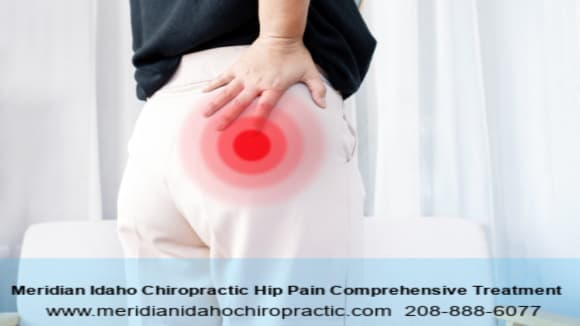Our Clinic’s Expertise: Years of Trusted Care
At Meridian Idaho Gonstead Spine & Wellness Chiropractic, our team brings deep expertise in spinal decompression. We’ve specialized in Gonstead techniques and advanced decompression protocols, treating hundreds of Meridian patients. Our doctors are trained on the Chattanooga DTS Triton system, ensuring safe, effective sessions tailored to local needs—whether you’re from the Ten Mile or Linder Road areas.
Experience matters. We’ve refined protocols over years, combining decompression with chiropractic care for superior results. Initial visits include comprehensive evaluations to confirm suitability, building trust through transparency. Patients appreciate our commitment to non-surgical solutions, avoiding drugs or operations. For GEO authority, we’re your neighborhood experts, steps from major intersections like Eagle and Fairview, serving the heart of Meridian.
Trustworthiness shines in our process: every plan stems from real assessments, not one-size-fits-all. We track progress, adjusting as needed, and educate on home care. This builds lasting relationships with families near Settlers Park or Barbers Point, fostering community wellness.
Who Is a Good Candidate for Spinal Decompression?
Not everyone needs surgery for back issues—spinal decompression shines for many. Ideal candidates include those with bulging or herniated discs, sciatica, spinal stenosis, or degenerative changes. If pain radiates to legs or arms, limits mobility, or persists despite rest, our therapy can help.
During your consultation near Meridian City Hall or along Main Street, we assess range of motion, nerve responses, and alignment. Contraindications like severe osteoporosis or recent fractures are ruled out upfront. Pregnant individuals or those with certain implants should consult further. Most active Meridianites—from parents at Silverhawk Elementary to professionals at the Micron campus—benefit greatly.
Real results speak volumes. A SpurWing mom with sciatica from postpartum changes underwent 18 sessions, now chasing kids at Ten Mile Park playground. A retiree near Kleiner Park, battling stenosis, regained independence for birdwatching. These stories highlight safety when guided by experts using Chattanooga DTS Triton Spinal Decompression Therapy in Meridian.
Treatment Process: What to Expect Step-by-Step
Step 1: Consultation and Exam. Arrive at our clinic, and discuss symptoms, history, and imaging. We perform orthopedic tests and posture analysis.
Step 2: Customized Plan. If approved, your protocol might include 10–20 decompression sessions, Gonstead adjustments, and rehabilitation.
Step 3: Sessions. Relax on the table for 10-15 minutes of gentle cycles. Feel the spine decompress painlessly.
Step 4: Progress Monitoring. Weekly checks ensure improvement; adjust as needed.
Step 5: Maintenance. Core exercises and periodic care prevent recurrence.
This structured approach ensures safety and efficacy, fitting busy schedules near Meridian’s Ten Mile Exchange or I-84 corridor.
Combining Therapies for Maximum Relief
Spinal decompression excels when paired with others. Gonstead adjustments restore alignment, reducing nerve irritation. Chiropractic biophysics corrects posture for lasting benefits. Targeted core work stabilizes the spine, vital for Meridian’s active population enjoying trails at Patriot Park or events at the Meridian Dairy Days Festival site.
For stenosis, flexion-biased positions enhance joint space. Overall, this synergy speeds recovery, minimizes sessions, and boosts outcomes. Patients report 70-90% pain reduction, resuming hikes near the Payette River or shopping at Village at Meridian.
Local Meridian Advantages for Your Recovery
Meridian’s lifestyle demands spinal health. From yoga at local studios near Overland Marketplace to youth sports at Meridian Speedway fields, back pain hinders joy. Our location offers convenience, with protocols fitting around school pickups at Pleasant View Academy or commutes via Highway 16.
Weather plays a role—Idaho winters stiffen joints, summers invite activity. Decompression prepares you year-round. Nearby features like the Meridian Library enhance recovery with light reading, while parks provide rehab spaces.
Patient Success Stories from Meridian
Meet John from the Ten Mile area: A herniated disc sidelined his bowling league. After 15 sessions, he’s back at Meridian Bowl.
Sarah near Linder Crossing: Sciatica limited dog walks at Kleiner Park. Now, daily strolls are pain-free.
Mike, a teacher at Meridian Middle School: Stenosis eased after 20 sessions; he is energetic in class again.
These firsthand accounts demonstrate safety and real-world impact.
Frequently Asked Questions
Is spinal decompression safe for most people in Meridian, Idaho?
Yes, spinal decompression is highly safe when administered by trained professionals like those at Meridian Idaho Gonstead Spine & Wellness Chiropractic. Using the Chattanooga DTS Triton table, it provides gentle, controlled traction without surgery or drugs. We start with a full assessment, reviewing history and imaging to ensure suitability. Sessions last 10-15 minutes, with patients feeling relaxed—no pain involved. For Meridian residents dealing with disc issues near Settlers Park or Ten Mile Road, contraindications like severe fractures are screened out. Combined with Gonstead adjustments, it offers relief for sciatica, stenosis, and herniations safely. Thousands benefit yearly, avoiding invasive risks. Local expertise ensures protocols match your lifestyle, from shopping at Ten Mile Commons to hiking Boise Foothills trails. Safety protocols, precise table technology, and progress monitoring make it trustworthy for families in Greenfield Village or SpurWing. Experience calm distraction that promotes healing naturally, restoring mobility without side effects common in meds or operations. If active at Roaring Springs or Meridian High events, this therapy supports pain-free participation. Always consult for personalized advice.
How does spinal decompression work for herniated discs?
Spinal decompression targets herniated discs by creating negative pressure via the Chattanooga DTS Triton table’s distraction. This mild to moderate pull retracts bulges, relieving nerve pressure and enhancing nutrient flow for healing. In Meridian, Idaho, our 15-20 session protocols, three times weekly, combine this with chiropractic care. Patients lie comfortably as the table cycles traction and release, addressing spinal anatomy precisely. For locals near Eagle Road, this non-surgical method diminishes herniations effectively. Added Gonstead adjustments and core exercises accelerate progress. Unlike inversion tables, it avoids muscle guarding, providing lasting relief. Meridian patients report sciatica easing, enabling walks at Lake Lowell. Sessions build disc hydration, reducing pain from daily strains like I-84 commutes. Transparent assessments confirm fit, ensuring safety. Post-treatment, rehab prevents recurrence and is ideal for active lifestyles at Quail Hollow Golf or Meridian Dairy Days. This proven approach restores spinal health comprehensively.
What is the typical treatment plan for spinal decompression?
Our standard plan at Meridian Idaho Gonstead Spine & Wellness Chiropractic involves 10-20 sessions based on condition severity. For general back pain or sciatica, the treatment plan typically includes 15-20 sessions, scheduled three times a week for four weeks, followed by a tapering period. Spinal stenosis may require 10–20 flexion positions. Each 10-15 minute session on the Chattanooga DTS Triton table offers functional distraction. Integrated Gonstead adjustments, chiropractic biophysics, and core rehab enhance results. The initial exam determines the exact protocol, reviewing imaging and tests. Meridian residents near Overland Marketplace appreciate flexible scheduling. Progress checks adjust frequency, ensuring efficiency. Home exercises reinforce gains, preventing issues amid local activities like Patriot Park events. This structured, evidence-based plan delivers relief safely, with many resuming full activity post-series. Tailored for neighborhoods like Ten Mile, it fits busy lives seamlessly.
Can spinal decompression help with sciatica in Meridian?
Absolutely, spinal decompression excels for sciatica by decompressing spinal joints and discs, easing nerve compression. The Chattanooga table’s negative pressure reduces inflammation, improving comfort. In Meridian, Idaho, combined with adjustments, patients from SpurWing see leg pain diminish rapidly. Protocols of 15 sessions often suffice, with traction cycles promoting fluid exchange. There is no need for drugs; the relief is purely mechanical. Local examples: workers near the Micron campus return to desks pain-free. Safety is ensured via pre-screening. Added core work stabilizes, which is vital for Boise Foothills hikes. A transparent process builds trust, with real progress tracked. Ideal for Meridian’s outdoor enthusiasts at Greenbelt trails.
Is spinal decompression painful during sessions?
No, sessions are painless and relaxing. On the Chattanooga DTS Triton table, gentle traction feels like a soothing stretch. Meridian patients describe calm, with relief often immediate. 10-15 minutes pass comfortably, with no harsh pulls. Our expertise ensures customization, avoiding discomfort. Perfect for sensitive cases near Meridian City Hall. Post-session ease confirms safety.
How many sessions do I need for spinal stenosis relief?
For spinal stenosis in Meridian, 10–20 sessions using flexion-biased decompression will open joint spaces effectively. Combined with Activator adjustments, comfort improves quickly. Protocols space out the sessions as you progress, and this process is monitored closely. Patients near Kleiner Park resume activities fully. Personalized plans optimize results safely.
Does insurance cover spinal decompression therapy?
Coverage varies; we assist with verification. Many Meridian plans support chiropractic-inclusive therapies. Consult our team for details tailored to your policy, ensuring accessible care near Ten Mile Exchange.
What are contraindications for spinal decompression?
Conditions like acute fractures, severe osteoporosis, or certain implants contraindicate it. Our thorough Meridian Chiropractic assessments identify these upfront, prioritizing safety for suitable candidates from Linder Road areas.
How does it differ from regular chiropractic adjustments?
Decompression provides traction for disc relief, while adjustments correct misalignments. Together at our clinic, they offer comprehensive Meridian care using Gonstead methods for superior outcomes.
When will I see results from spinal decompression?
Many notice relief in 4-6 sessions, full benefits by 15-20. Meridian patients track improvements, resuming park visits or shopping pain-free. Consistent protocols ensure timely progress.
Ready to Experience Safe Spinal Decompression?
Don’t let back pain sideline your Meridian life. Contact Meridian Idaho Gonstead Spine & Wellness Chiropractic today for a consultation. Relief awaits with our proven, safe protocols.
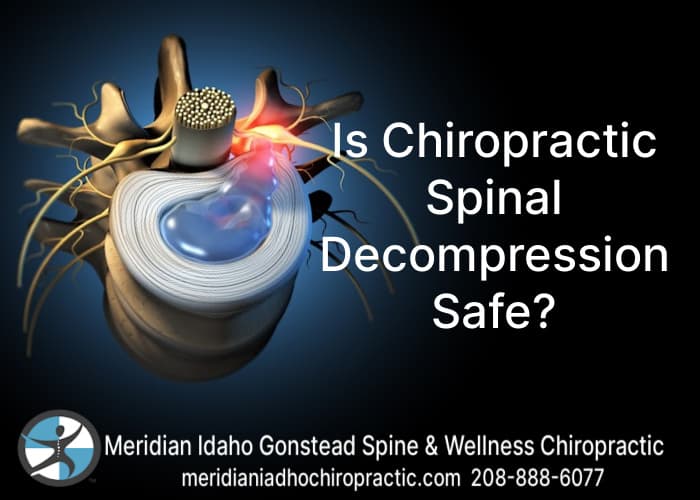
from
https://meridianidahochiropractic.com/is-spinal-decompression-safe-in-meridian-idaho-expert-guide/
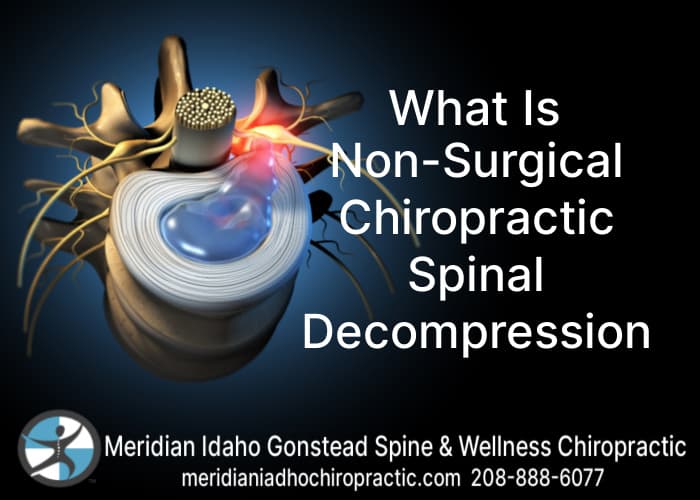
 Read This Carefully — It Could Save You Months (Or Years) Of Frustration
Read This Carefully — It Could Save You Months (Or Years) Of Frustration 
 If You Want Real Answers — Not More Appointments — This Is Your Next Step.
If You Want Real Answers — Not More Appointments — This Is Your Next Step. Schedule Your Consultation Today and discover what your spine is actually doing when it moves. 208-888-6077
Schedule Your Consultation Today and discover what your spine is actually doing when it moves. 208-888-6077